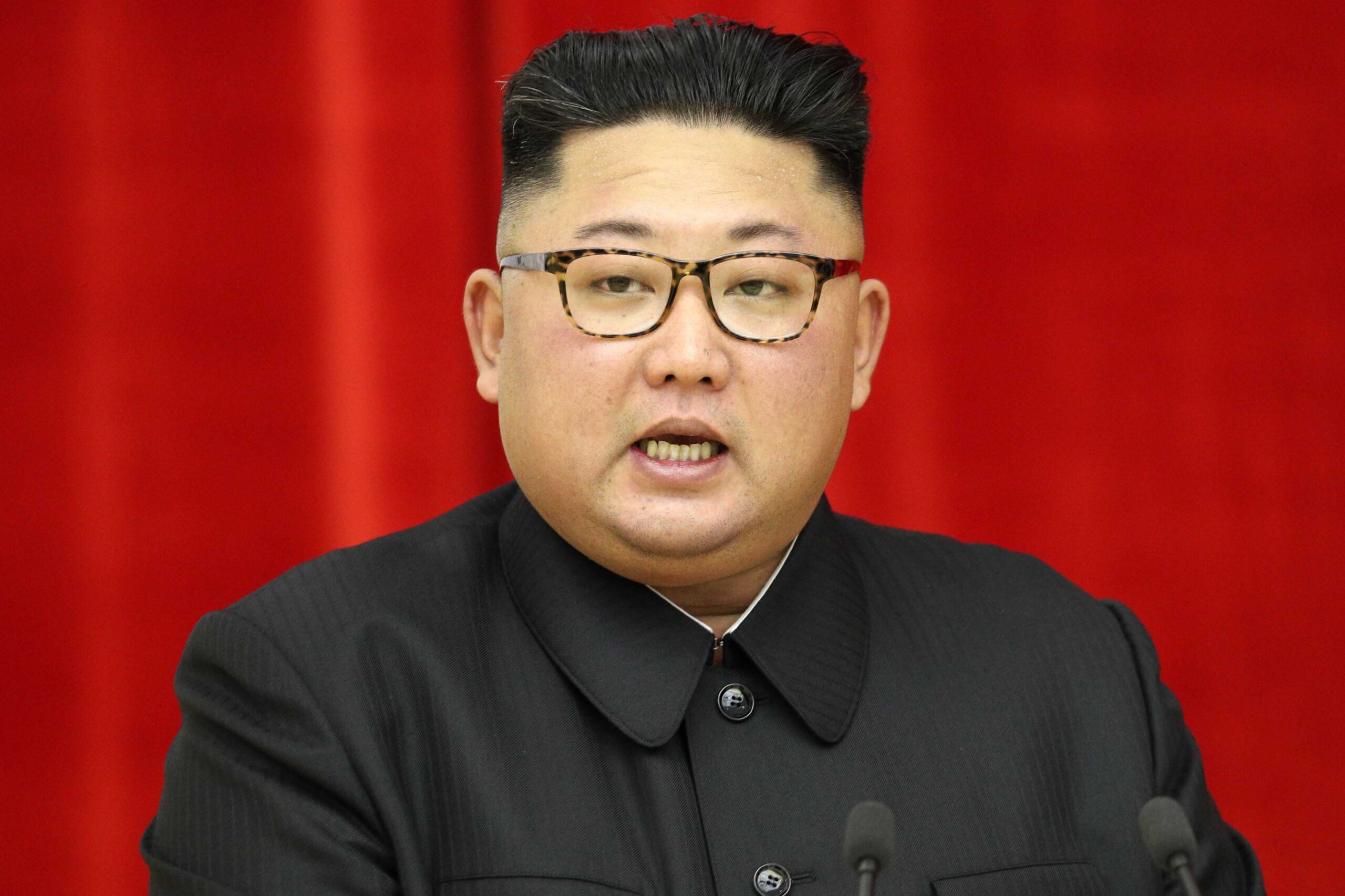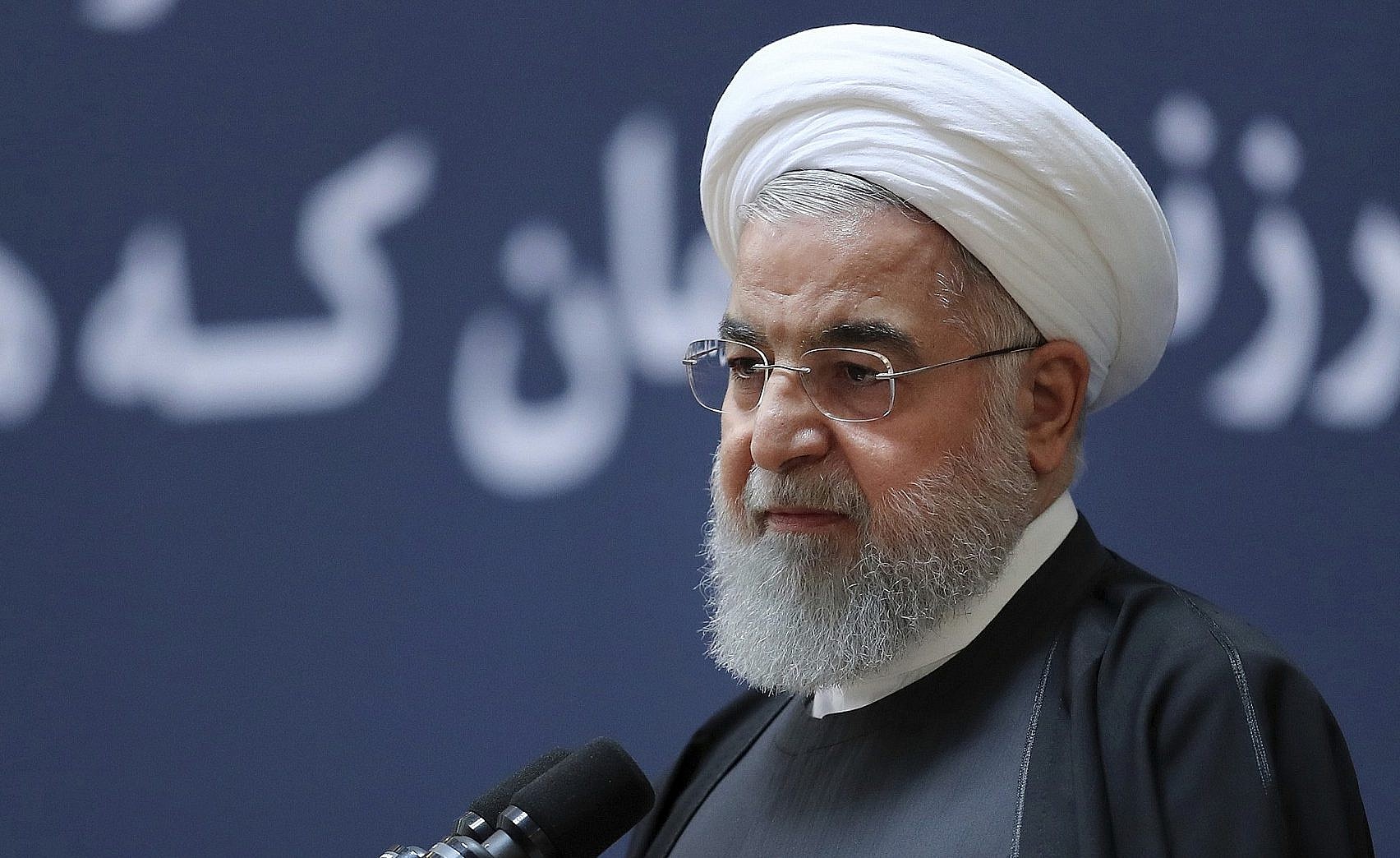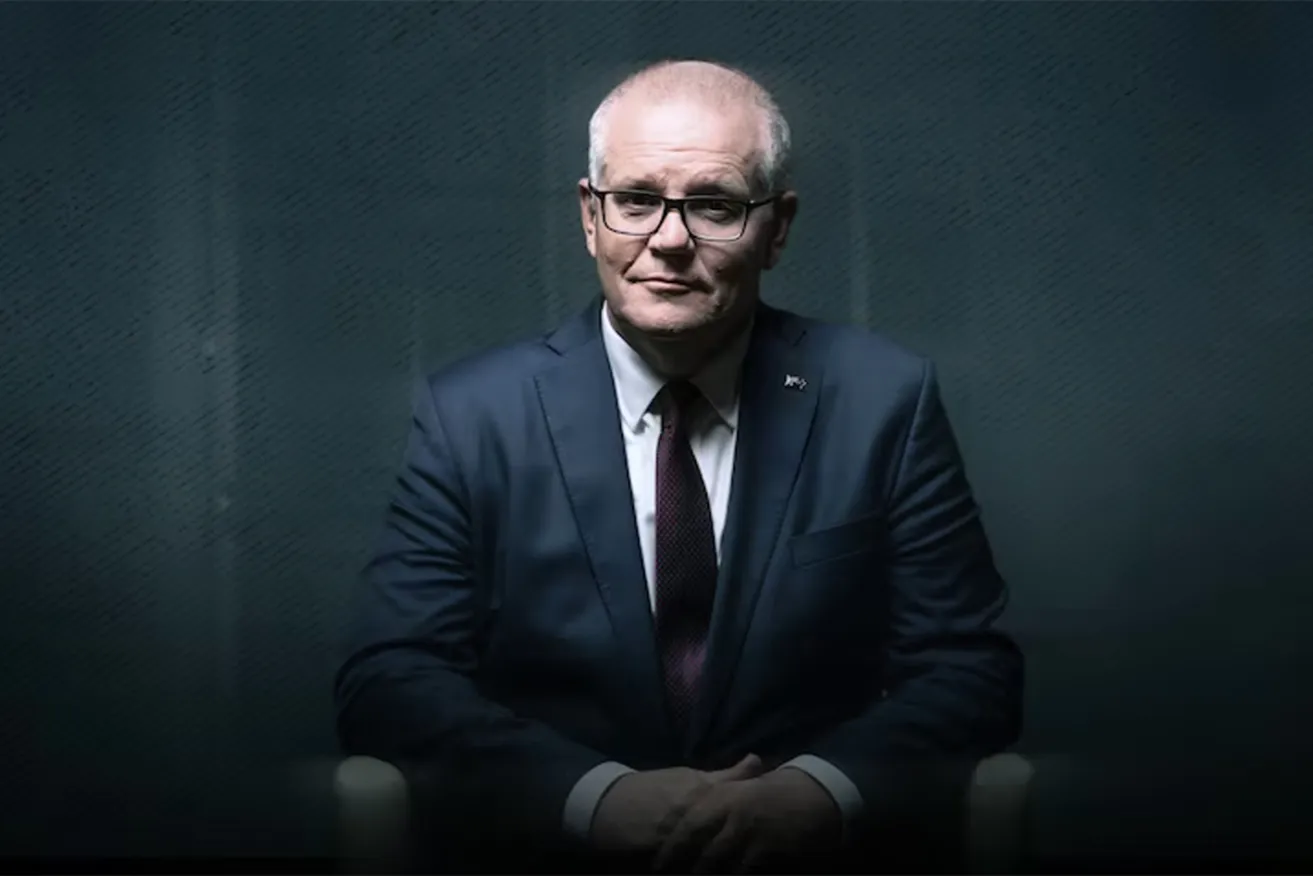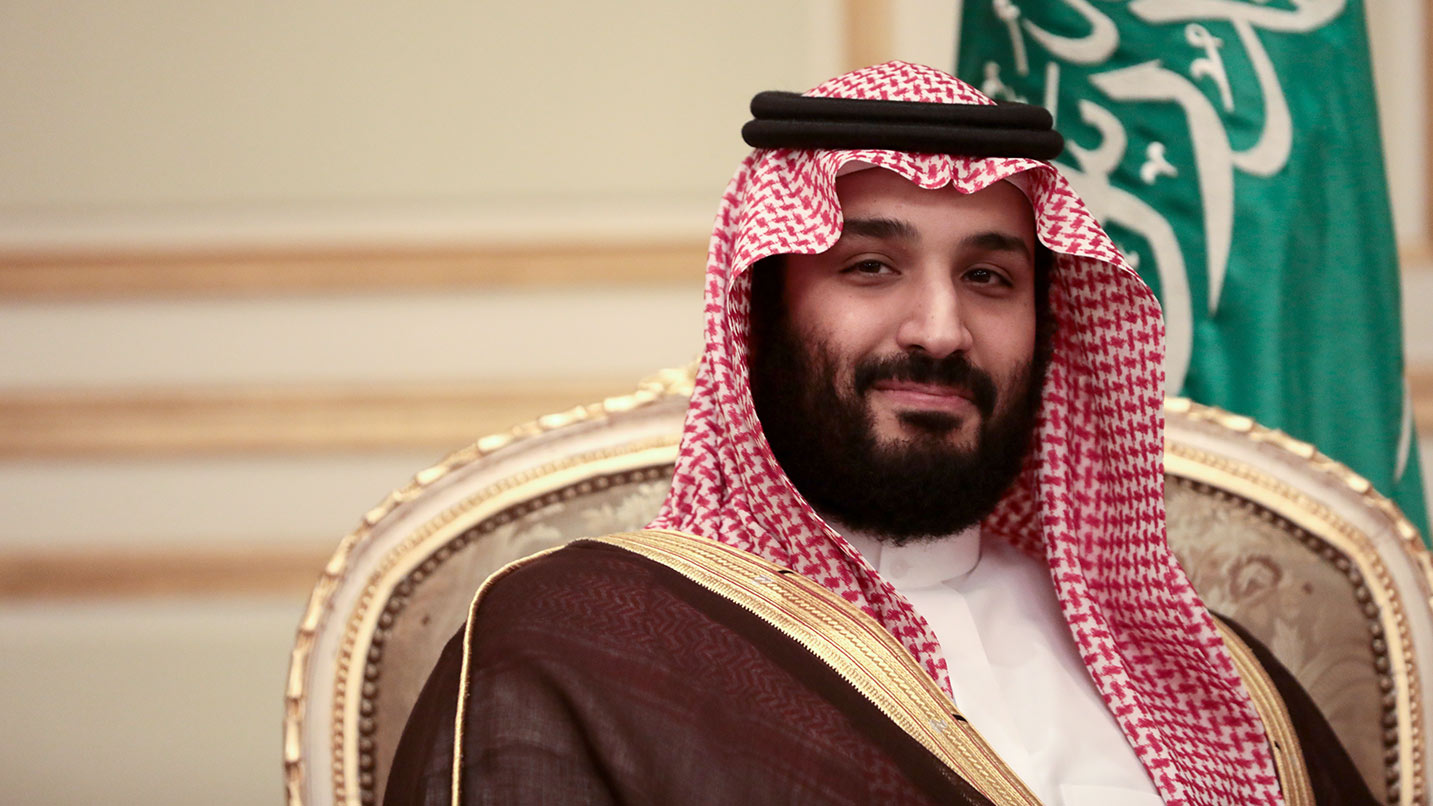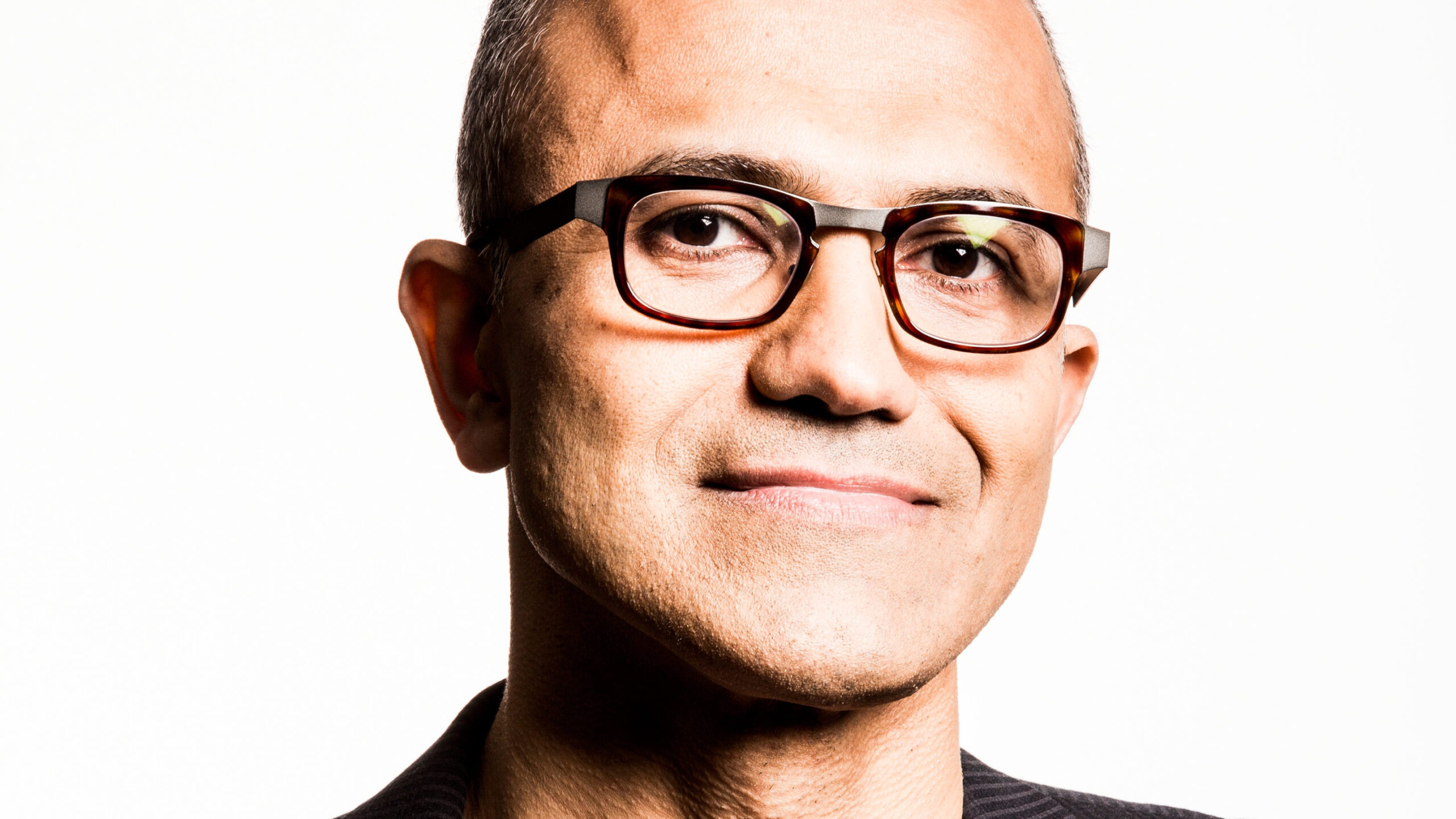
Satya Nadella is an Indian-American business executive who has served as the CEO of Microsoft since February 2014. Born on August 19, 1967, in Hyderabad, India, Nadella’s leadership has been pivotal in steering Microsoft towards cloud computing and technology innovation. Under his guidance, Microsoft has seen significant growth, especially in areas like cloud services and artificial intelligence. Prior to becoming CEO, Nadella held leadership roles in both enterprise and consumer businesses across the company. He is known for emphasizing a culture of collaboration and continuous learning, reshaping Microsoft’s corporate culture to boost future readiness and inclusivity.
What’s the public’s verdict? Share your thoughts and discuss below!
